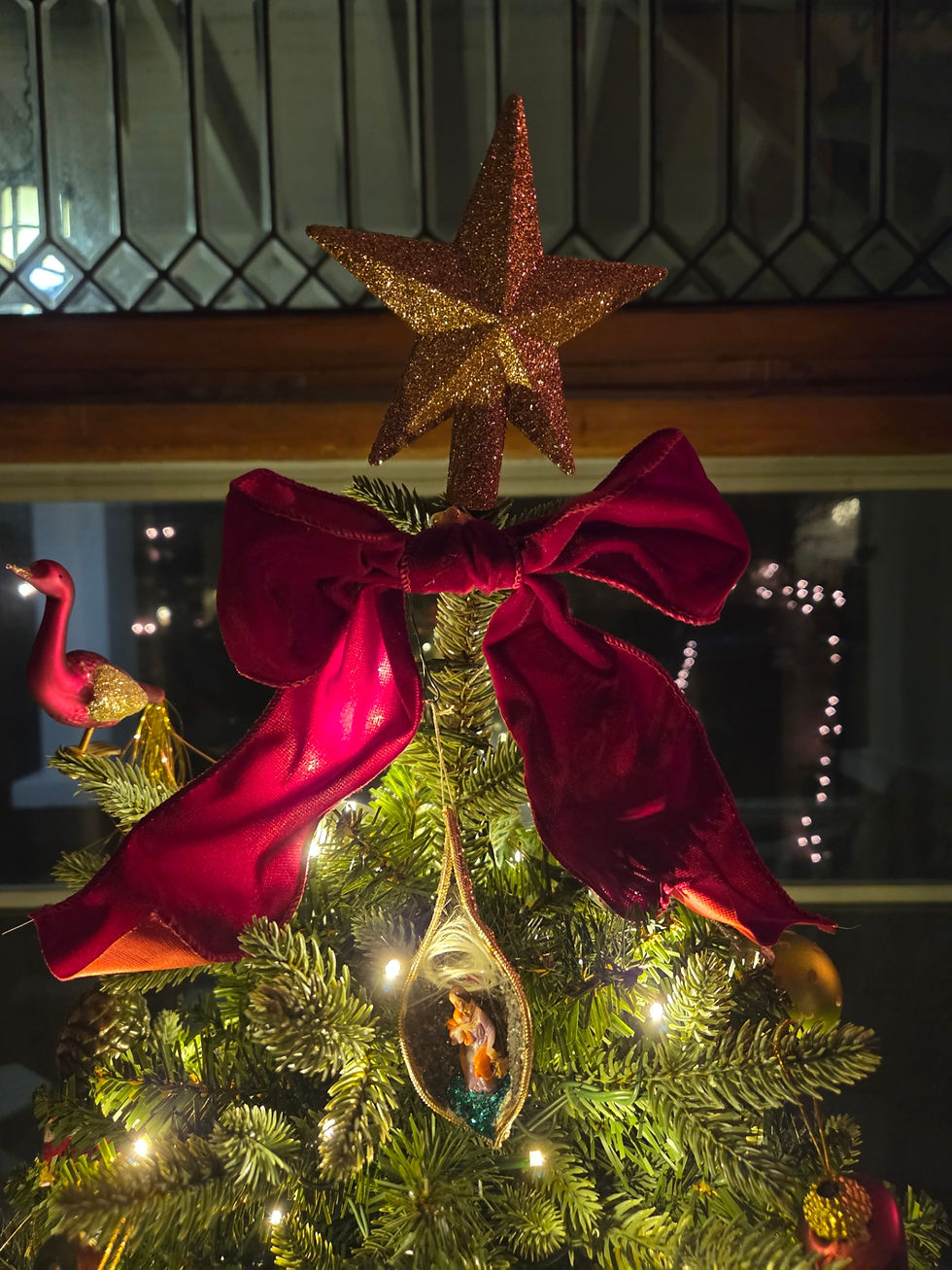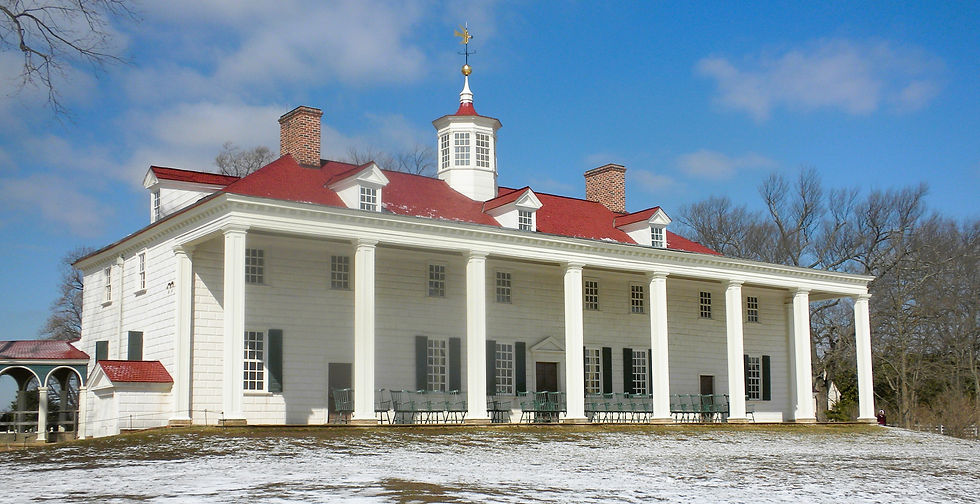Gratitude Friday 1-21-22 - Winters Life Lessons
- Bill Stauffer

- Jan 21, 2022
- 4 min read

Here on the mid states east coast, we are in the heart of Winter. From now until about the third week of February, we historically get our worst weather. So far, we have had some cold days, some wind and a touch of snow and some sleet and freezing rain, but we have not gotten walloped with a nor’easter or one of those arctic bomb storms. I will admit I like such storms, for all of the inconvenience they bring, I relish a good winter blizzard as long as everyone stays safe.
One of the most humorous winter storm stories in my life includes a heated disagreement about a topic long forgotten after I dragged then girlfriend Julie out in a winter storm in my barely running car to do a grocery store run. It all came to a head in the SPAM (Sizzle, Pork and MMM?) aisle. We burst into laughter when we realized how surreal the experience was. We were just kids at the time, looking back. Julie no longer does those blizzard storm runs with me, and I now have a car worth more than a C note. I still like to do storm runs for groceries. We are still together, we walked out of that SPAM aisle hand in hand.
There is something I cannot resist about winter as a metaphor. Every life has seasons in which things are cold and harsh. Rough stretches to get through. It is also true that there is a lot going on in the dormancy of winter. Some plants require a period of what is called endo dormancy or chilling period as part of their life cycle. Perhaps some of us are like that too. For us to grow as people, perhaps we first need a bit of cold weather to shock us and set our clocks and establish the conditions in which life can regenerate. There is even some evidence that repeated cold water immersion can improve our immune responses. I will go on record as preferring a hot tub over a January lake swim, but it appears to have some health benefits.
It would be hard to argue against the assertion that our current era is like winter. Things are harsh. People are tired and have had to dig deep to get out of bed every day, go about their business and take care of their families in our pandemic, strife infused times. The potential opportunities for growth that may emerge from these challenging times has been in my thoughts over these last two years, For my organization and for our community, I put together a fact sheet on post traumatic growth and what some of the literature says about it. We see post traumatic growth in recovery, we also see it in communities who have experienced a common catastrophe. I hope we see it on a societal level moving forward.
When I think about our current society and what we have lost along the way relates to our false sense of independence. We can mostly get everything we need to live on our own without seeing the work that went into the making or distributing of the products that come to our doorsteps. If we dig a little deeper we learn that farmers, grocery store clerks, truck drivers and container ship crews are at their breaking point. As we obliviously order our bonbons and little comforts of our lives with the stroke of a computer key people are making huge sacrifices to meet our needs. We are not seeing the very trees of the forest we live in.
One of the most beneficial life lessons in recovery for me personally has to do with interdependence. The truth of the matter is that every other facet of the lives of persons in my support network does not matter. Political orientation, religion or any other difference is not a factor of division as it relates to our common purpose, sustaining recovery. It is actually a deeper truth that the person who may offer me the most assistance walks a very different walk than I. I learned this around 1986 in my early recovery therapy group in a publicly funded treatment center as I sat with and depended on people who were very different than I in every way. They saved my life, and I came to trust and depend on them. Are we not all so interdependent when we step back and consider things?
I think about life at the beginning of the last century when we did not have a massive worldwide supply chain and most people knew that in a time of difficulty, their neighbor was probably their most viable lifeline if they needed help. Such knowledge tempers differences. I may need my neighbors help, so I will help my neighbor while also being polite about our differences. I need them and they need me. I think we have lost some of this sensitivity in our current era as we live with a mirage of independence in a highly connected yet fragile world.
If you are connected to me and in any way different than I, I value and I am grateful for you and that you are in my life. I hope you feel the same about me. My hope is that if we do experience some collective growth out of the winter of times we live in, that such growth includes the strengthening of common bonds that span our differences. Our lives may depend on it.
What are you grateful for today?




Comments